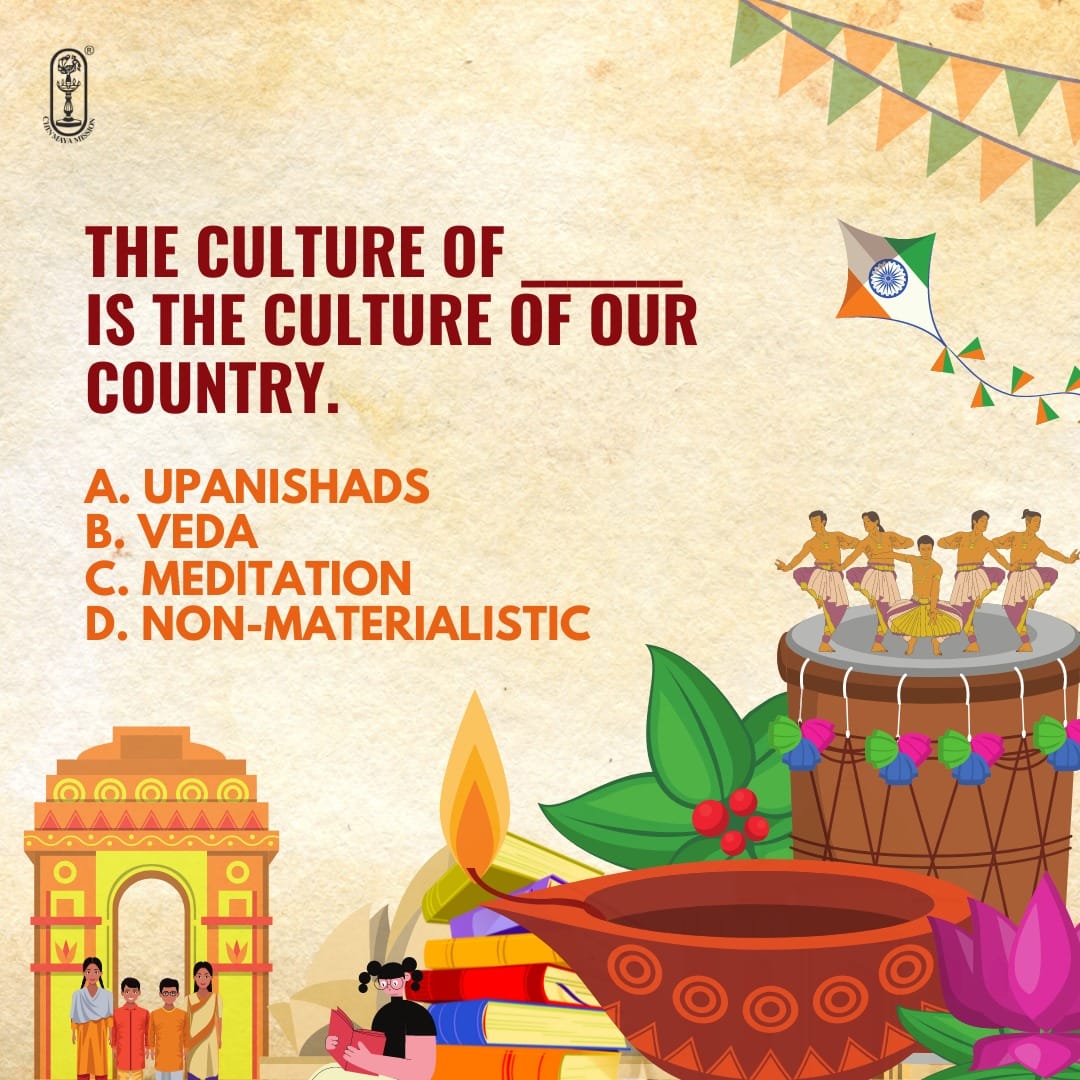The Seeker, the Sought and the Process of Seeking :
To,
All Members,
While different terminology is used, there is considerable agreement between the precepts of Western philosophy and religion and that of the East when it comes to the question of knowledge, and the truths of human psychology in regard to the attainment of knowledge. Put in the terms of the West, there is the seeker after knowledge, there is the knowledge being sought after and there is the connection between the two which represents the process of seeking. This three-fold relationship governs all human activity, not just the seeking after knowledge.
Sri Aurobindo applies this model to the science of Yoga, in its various forms and permutations: “There can be no Yoga of knowledge without a human seeker of the knowledge, the supreme subject of knowledge and the divine use by the individual of the universal faculties of knowledge; no Yoga of devotion without the human God-lover, the supreme object of love and delight and the divine use by the individual of the universal faculties of spiritual, emotional and aesthetic enjoyment; no Yoga of works without the human worker, the supreme Will, Master of all works and sacrifices, and the divine use by the individual of the universal faculties of power and action.”
This model of course, starts from the standpoint of the individual. The individual determines to achieve some result, focuses on the object of the seeking, and applies a methodology to achieve that object. Sri Aurobindo adds another perspective, however. Inasmuch as the Divine is the causal agent of the universal creation, we must consider that the Divine intention causes the human action to occur. In fact, “Equally true is the complementary idea so often enforced by the Yoga of devotion that as the Transcendent is necessary to the individual and sought after by him so also the individual is necessary in a sense to the Transcendent and sought after by It. If the Bhakta seeks and yearns after Bhagavan, Bhagavan also seeks and yearns after the Bhakta.” (“Bhakta, the devotee or lover of God; Bhagavan, God, the Lord of Love and Delight. The third term of the trinity is Bhagavat, the divine revelation of Love.”
Sri Aurobindo introduces this terminology of the “trinity” and it is appropriate to consider the trinity as seen from the perspective of Christianity to see how there is some common understanding. The Father is the Divine Transcendent. The Son is the human aspiring to the Divine. The “holy ghost” is the relationship between the two that bonds them to one another, bringing about the raising up of the human and the embodiment of the divine in the human.
“However Monistic may be our intellectual conception of the highest truth of things, in practice we are compelled to accept this omnipresent Trinity.”
Sri Aurobindo





Comments